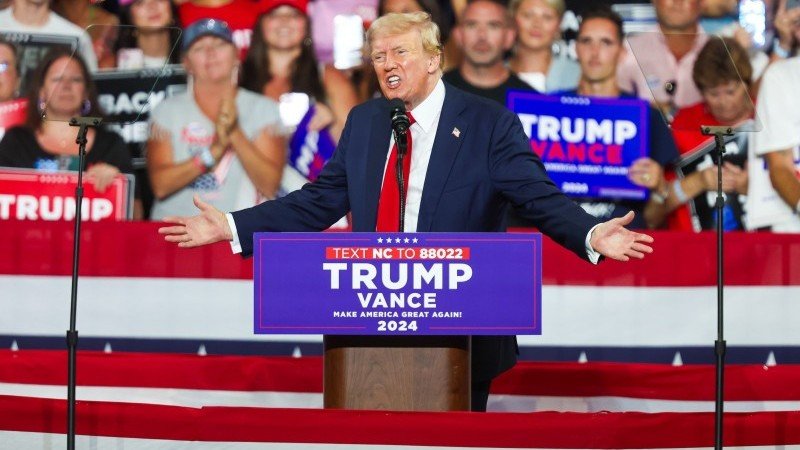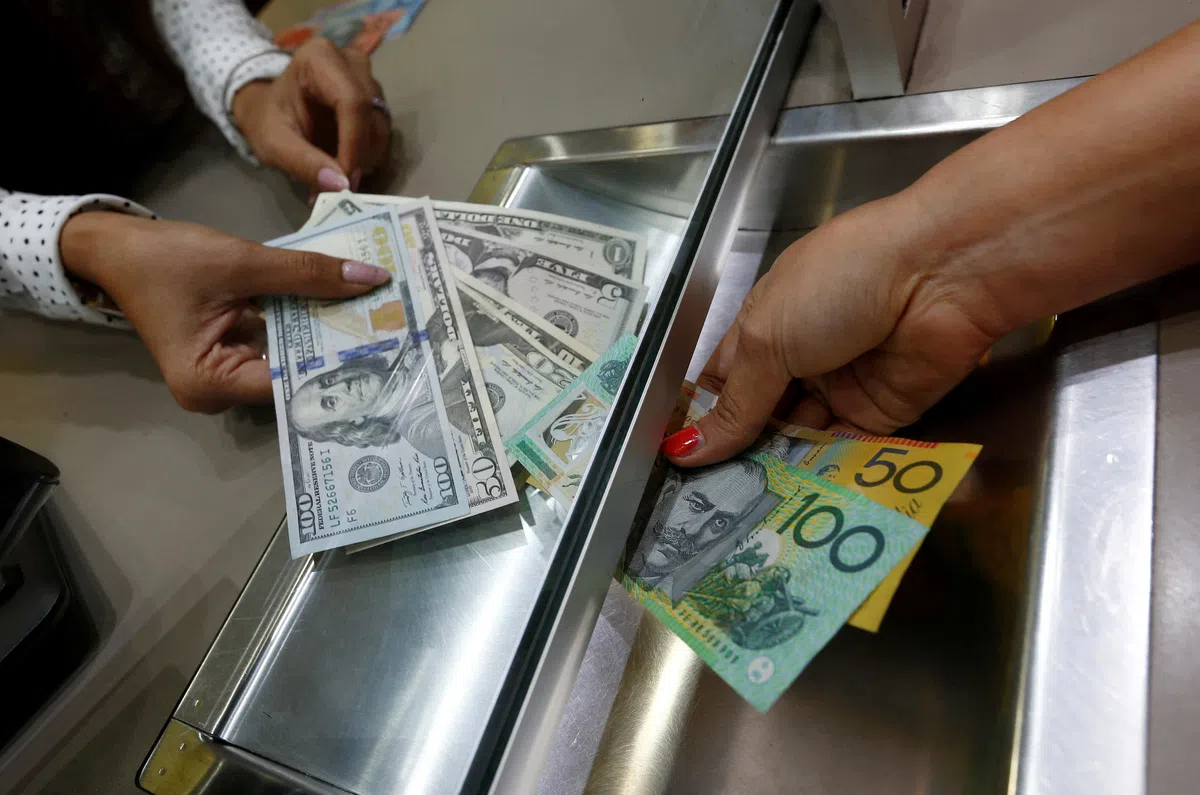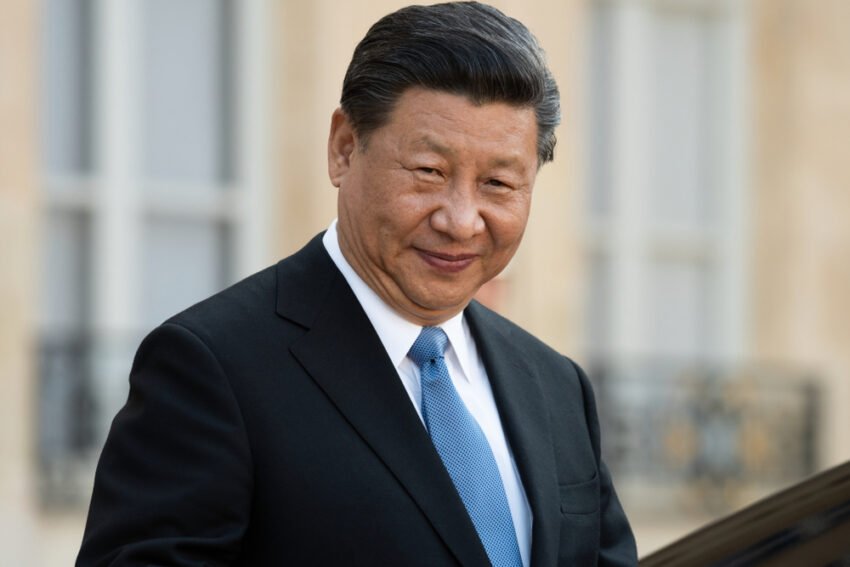Currency manipulation – by China or any other other country – is seen to flout global trading rules by conferring unfair competitive advantages.
A country does so by artificially inflating or deflating its exchange rate. It may be designed to make exports more competitive, to avoid inflation or reduce capital inflows.
A paper by Laurence Howard in the Emory Law Review said currency manipulation has “serious effects on the global market”.
“Around the globe, currency manipulation is possibly responsible for millions of jobs lost in the United States and a smaller, but still significant, number of jobs lost in Europe,” Mr Howard wrote.







